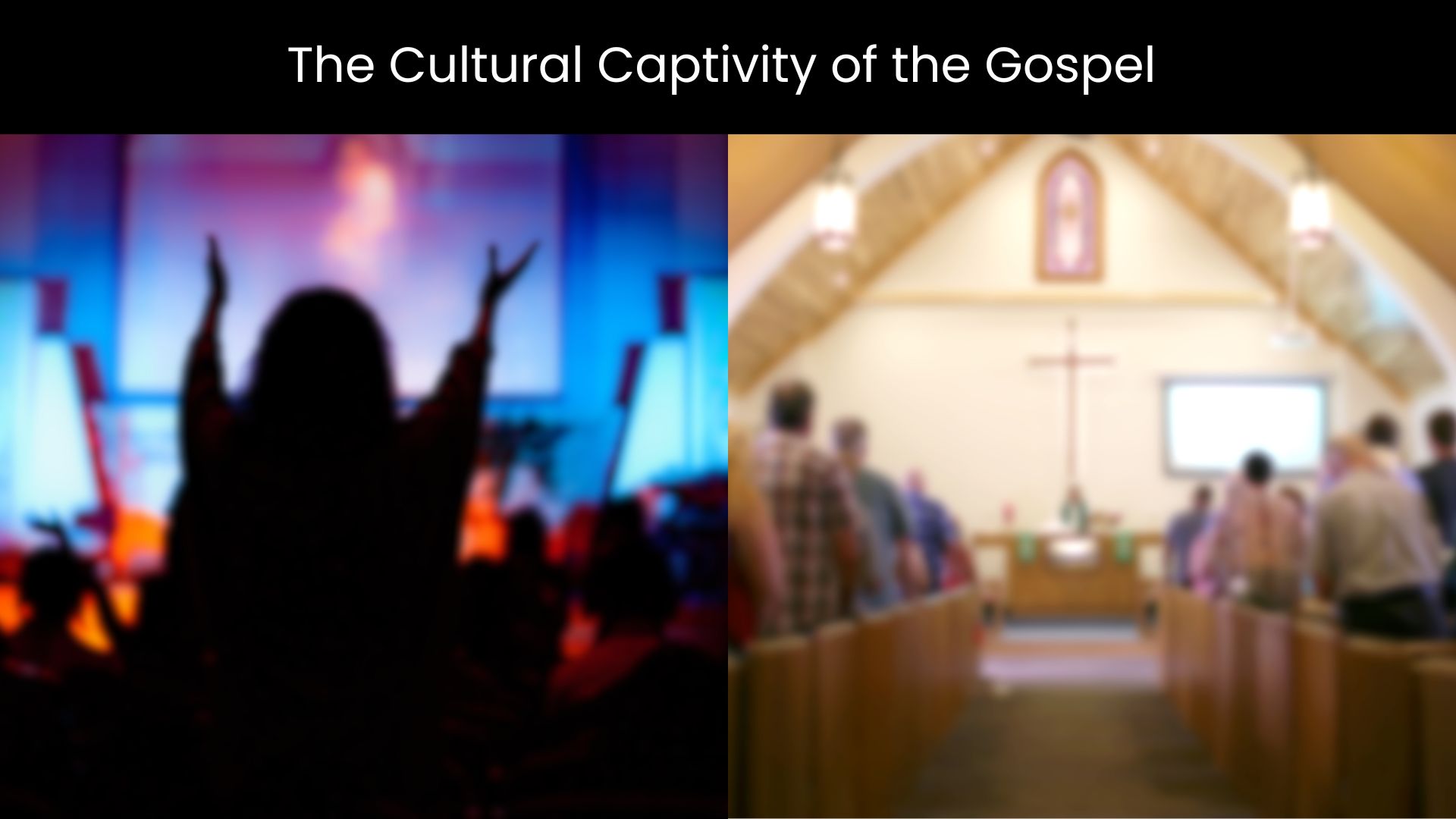The following is taken from an interview with Elijah Yoder conducted by Reagan Schrock.
Anabaptists have historically tried to live a holy life style and not follow the things of worldly culture. Hence, we dress differently, are nonresistant, don’t go to war, and our ladies wear the veiling. When conservative Mennonites began starting mission outreaches in the 1930’s to 1950’s, missions was a new thing for them. They wondered, “How are we going to teach? What do we do?” Typically they followed the methods of the Protestants, but they expected the results to be different. Missionaries were going out to save and bring salvation, but they didn’t follow up on discipleship. Almost all of the missions that were started in that era have lost many of their conservative principles. They’ve lost the veiling, nonresistance, and nonconformity to the world. Obviously there are a lot of reasons that could bring this result, but one reason is simply that Mennonite missionaries didn’t evaluate their methods, which we still see happening today.
In Protestant/Calvinist organizations, the goal is primarily to just get people saved, but there is little focus on discipleship and follow-up. In relation to missions, the methods of Protestants and Mennonites haven’t been all that different. What I would like to suggest is that one of the keys to being successful Mennonite missionaries and planting churches that are truly discipling others and following the Lord, not just in belief but also in principal and lifestyle, is to develop one-on-one relationships, discipling, and teaching biblical principles and what the Word of God says. Whether it is on the mission field or at home, we need more one-on-one mentoring and intentional relationships in our circles today.
I recall when I was a student at SMBI, I did my thesis on teaching Anabaptist principles on the mission field. The first missionary that I sat down to do an interview with was Jacob Coblentz, who was a missionary in Mexico and Texas. My goal was to try and figure out what methods a Mennonite missionary needs to use. I came fully prepared with all kinds of questions to ask him, but after I asked him a few he said, “Love the people.” I asked him some more questions and he said, “Well, just love the people.” That’s all he would say: “Love. Love. Love.” I got kind of frustrated with him, but really that is the answer. It’s not in methods or what you do. It’s not that methods won’t work, but if you’re going to do kids clubs, for example, the way you’re going to bring those children into the church is through loving them in one-on-one relationships.
As Anabaptists our stance is often counter-cultural, which can be either an advantage or a disadvantage. If you’re not loving the people, and you’re trying to force them to live or act a certain way, such as putting on a plain coat or a cape dress so that you can get some stars in your crown with the people back home, it’s not going to work very well. If you really love people and they can feel the love of Christ coming through you, then those things are not difficulties; they are not barriers. In fact, when people understand, for example, what the veiling means and what it’s for; when they understand why you’re doing the things you are and it has a relationship behind it, it’s going to be powerful. We don’t need to put aside what makes us different to reach more people.
Divorce and remarriage is one counter-cultural issue that we as Anabaptists have taken a clear biblical stand against. This can be difficult because some might say, “We’re shutting people out.” I have seen people throw this doctrine aside, but then what happens in the next generation when you have divorce and remarriage in your church? You wind up with broken homes and young people who are hurting as a result. Is having a strong stance on divorce and remarriage a hindrance? In one sense it’s going to be, but allow that practice to enter the church and you’re going to bring hurt and pain down the road. I don’t believe that biblical principles are going to be a handicap to reaching out to people, but if we’re not loving, then they can be. On the other hand, I do think we have to be careful about differentiating between what is cultural and what is Bible. Yes, a lot of things we believe are cultural in some senses, but they are deeply rooted in biblical principles.
On the mission field, it’s important that missionaries don’t just take along their culture, but they take the love of God with them; then you have something attractive to give to people. The key to teaching Anabaptist principles on the mission field is to have the Fruit of the Spirit in your life. The key is for each of us to have a relationship with God and to do what we do because of our love for God, not just to impress the people around us or to fit in. Our actions and mission have to come out of the heart and a sincere Christ filled love for all people.







Leave a Reply